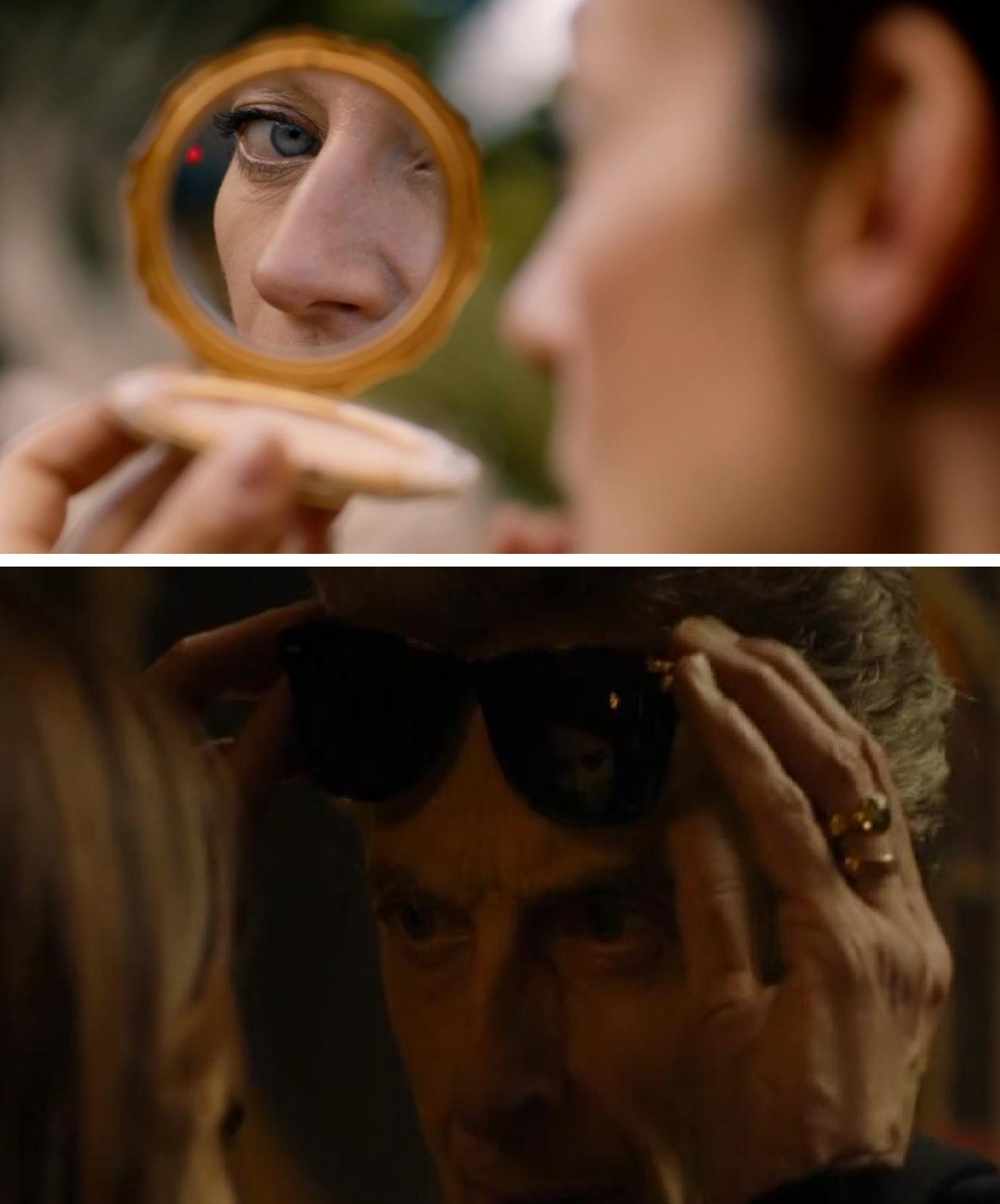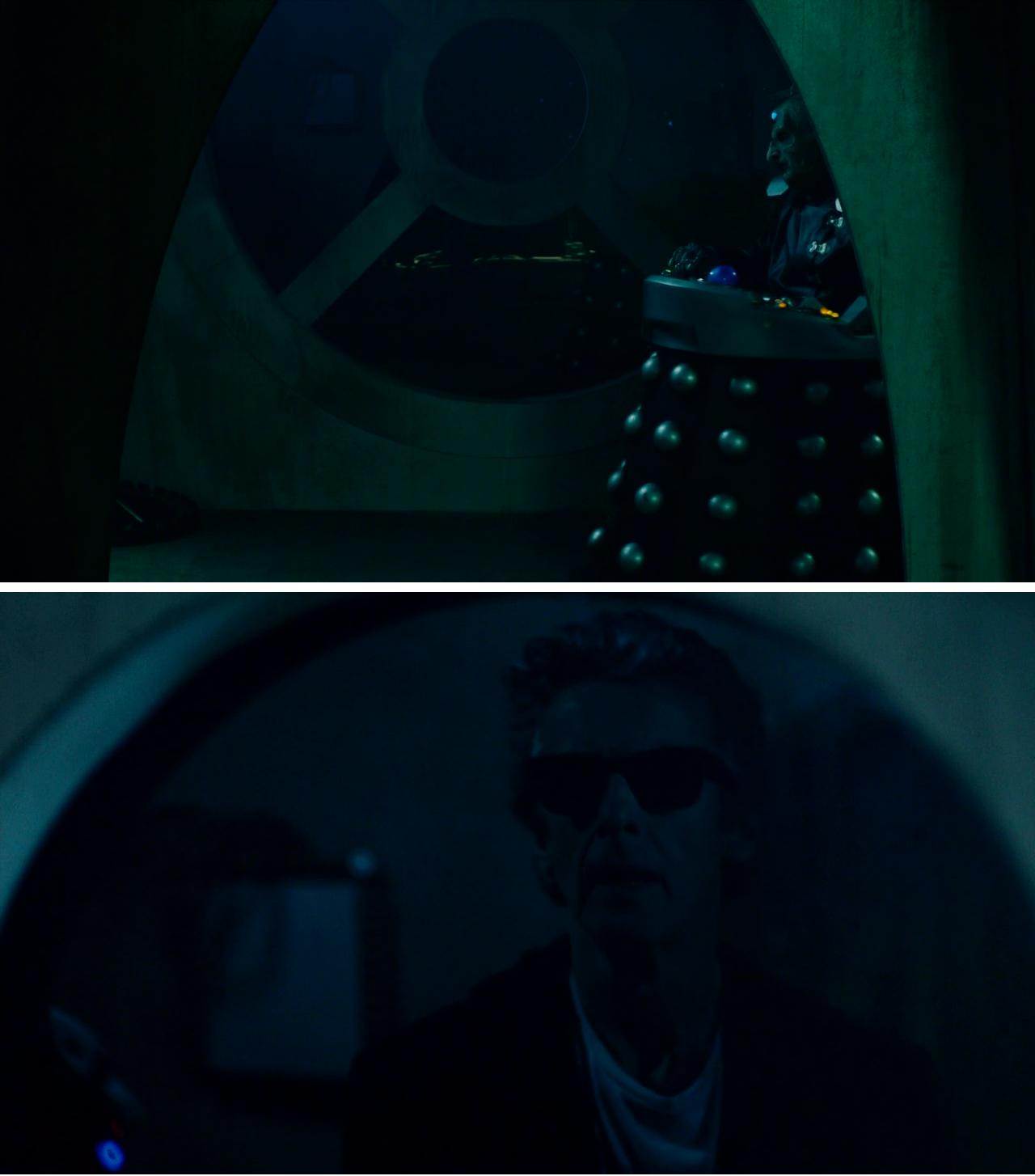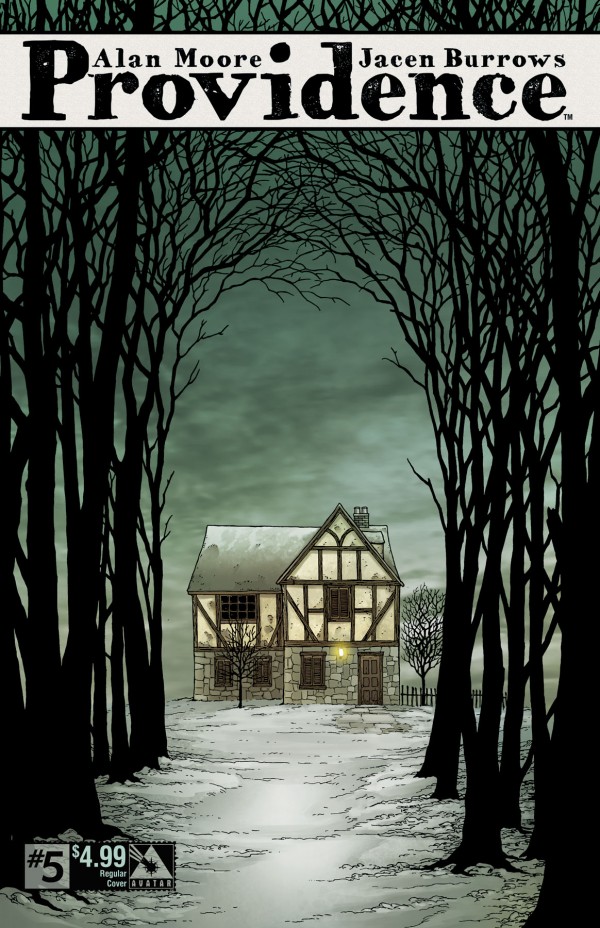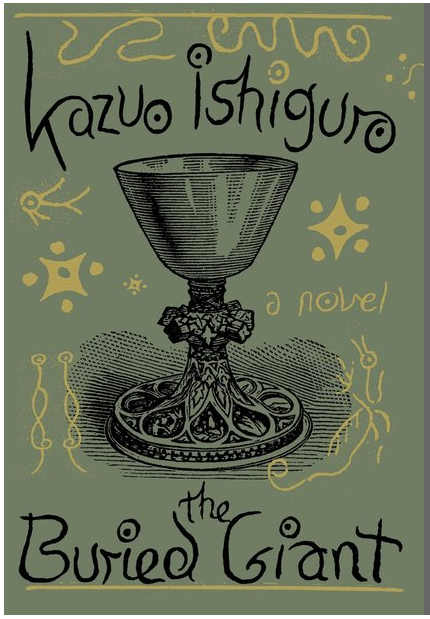“Eternity is in love with the productions of time”: True Q
“Why one writes is a question I can answer easily, having so often asked it of myself. I believe one writes because one has to create a world in which one can live. I could not live in any of the worlds offered to me — the world of my parents, the world of war, the world of politics. I had to create a world of my own, like a climate, a country, an atmosphere in which I could breathe, reign, and recreate myself when destroyed by living. That, I believe, is the reason for every work of art.”-Anaïs Nin, The Diary of Anaïs Nin
 Every once in awhile Star Trek: The Next Generation does throw me an episode that seems custom-tailored to my chosen reading. “True Q” is one of them.
Every once in awhile Star Trek: The Next Generation does throw me an episode that seems custom-tailored to my chosen reading. “True Q” is one of them.
René Echevarria is another one of those writers with whom I only agree about 50% of the time, but he did work on a number of my favourite episodes. One of these happened to be “Transfigurations”, with which “True Q” certainly seems of a piece: Both stories can be read very easily as being about characters who undergo spiritual apotheosis and transformation and what happens to them afterward. “True Q” also bears some similarities with “The Nth Degree”, in which the character who experiences said apotheosis is guided through it by the Enterprise crew and must figure out for themselves how to carry those lessons with them on a mundane everyday basis. Any follower of this blog should know by now that a central guiding figure of this project is the shaman: Someone who travels the outer realms, learns from the gods and spirits and returns to Earth to make art about what they’ve seen in the hopes this improves the lives of the community.
This also gets us a nice redemption of Q that distills a few of the more dissonant and conflicting aspects of his character. Q is an expert trickster and manipulator, setting up situations or positing himself in the narrative just so to test us to see if we’ve got what it takes to go the next step. In fact tester and experimenter (and performer!) might be a better metaphor to explain what he does on the show than judge, which invokes the other half of Avital Ronell’s “test drive”: A “drive” akin to Freud’s eros and “death drive” to constantly “put ourselves to the test” to see if we measure up to our own standards. Q then becomes the embodiment of the benevolent form of Western modernity’s test drive to better itself and constantly improve. This drives home the notion that Q is something to aspire towards being, or at least a diegetic metaphor for something to aspire towards being. A divine role model in his own right, and thus someone not at all too different from us, who reminds us of the ideals we keep striving to live up to. He’s here to make sure we still do that and keep at it, which rather elegantly covers and combines his roles in “Encounter at Farpoint”, “All Good Things…” and “Q Who” with what he does here.…

 First and foremost, I look at the various mirror-shots within an episode as a skeleton key for unlocking my interpretations. So, for The Magician’s Apprentice we start with shots of Missy reflected in her compact, and Clara reflected in the Doctor’s sunglasses; in The Witch’s Familiar we have both the Doctor and Davros reflected in an eye-shaped window in the Infirmary on Skaro.
First and foremost, I look at the various mirror-shots within an episode as a skeleton key for unlocking my interpretations. So, for The Magician’s Apprentice we start with shots of Missy reflected in her compact, and Clara reflected in the Doctor’s sunglasses; in The Witch’s Familiar we have both the Doctor and Davros reflected in an eye-shaped window in the Infirmary on Skaro. Anyways, the word “apprentice” is rather interesting, given the new monster that appears at the beginning of The Alchemist’s Pupils (my title for the two-parter as a whole). Here we see Hands with Eyes in their palms, which is actually a rather ancient symbolic motif: the Hamsa, primarily from Middle Eastern culture, is considered a talisman that wards off or protects against the Evil Eye. It’s particularly notable for being a matricentric symbol to ensure a healthy and successful childbirth. But in this episode of Doctor Who the monster is demonstrably portrayed as malevolent, sucking a soldier down into the ground.
Anyways, the word “apprentice” is rather interesting, given the new monster that appears at the beginning of The Alchemist’s Pupils (my title for the two-parter as a whole). Here we see Hands with Eyes in their palms, which is actually a rather ancient symbolic motif: the Hamsa, primarily from Middle Eastern culture, is considered a talisman that wards off or protects against the Evil Eye. It’s particularly notable for being a matricentric symbol to ensure a healthy and successful childbirth. But in this episode of Doctor Who the monster is demonstrably portrayed as malevolent, sucking a soldier down into the ground. As always, from worst to best of what I bought.
As always, from worst to best of what I bought. 1. Nostradidn’tus
1. Nostradidn’tus
 Hello, I’m Jane, your stewardess for the Lost Exegesis, a flight of fancy that explores the esoteric mysteries of LOST, an American TV show that ran on ABC from 2004 until 2010. It’s a show that had a significant impact on TV at the time, and still does to an extent.
Hello, I’m Jane, your stewardess for the Lost Exegesis, a flight of fancy that explores the esoteric mysteries of LOST, an American TV show that ran on ABC from 2004 until 2010. It’s a show that had a significant impact on TV at the time, and still does to an extent.
 Quietly and behind the scenes, far from the watchful eyes of most of us, Nintendo was systematically fucking absolutely everything up. The long term result of this would eventually be the cataclysmic end of Nintendo’s dominance over the video game industry. The short term result was Star Fox.
Quietly and behind the scenes, far from the watchful eyes of most of us, Nintendo was systematically fucking absolutely everything up. The long term result of this would eventually be the cataclysmic end of Nintendo’s dominance over the video game industry. The short term result was Star Fox.

